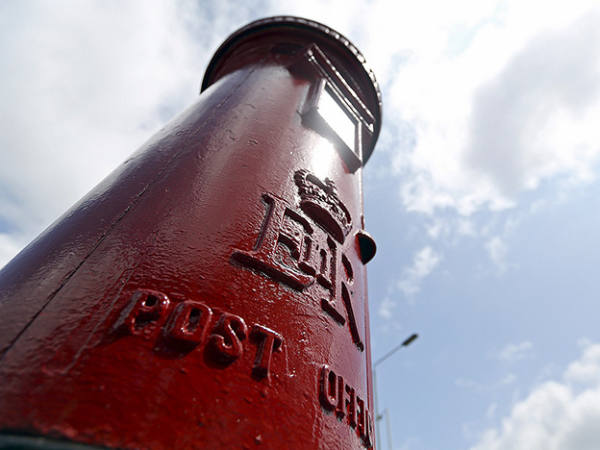Singles might
Record spend
The recent Chinese tradition which is 'Singles Day', a sort of anti-valentines day where consumers are encouraged to buy something for themselves or potential love interests, is rapidly becoming a retail phenomenon. Overshadowing US 'traditions' such as Black Friday and Cyber Monday, Singles Day this year saw China's dominant e-commerce provider Alibaba record more than $8bn in revenues on the day, smashing the previous record and trouncing the combined $2.9bn spent on Black Friday/Cyber Monday combined in the US last year.
Not too big to fail
New rules
The governor of the Bank of England, Mark Carney, this week welcomed new capital rules for the world's biggest banks which are designed to give banks enough of an asset buffer to avoid them having to resort to governments for bailouts in future. The Financial Stability Board, which Mr Carney chairs, has proposed that the 30 major "globally systemically important" banks will need to will need "total loss absorbing capital" equivalent to 16-20 per cent of their assets, and up to 25 per cent in certain cases.
Austerity goes on
And on
Whichever political party, or parties, end up with the keys to Downing Street next May is likely to be faced with the unpalatable prospect of continuing, or even tightening, austerity measures right through the next parliament if they are to get anywhere near balancing the books. The recent economic recovery has not delivered the tax receipts expected and has left the UK's deficit chasm wider than expected at this point in the cycle. Analysis by the Financial Times suggests that less than half of the planned cuts have been achieved thus far, suggesting those departments that are not ringfenced face further hefty cuts. Meanwhile, research also suggests public acceptance of austerity is on the wane, but the other option is tax rises, which are unlikely to be well received by the electorate, either.
Retail woe
Weather hit
In stark contrast to China's Singles Day boom, the UK's clothing retailers are still smarting from a sharp slowdown in sales as the mild autumn weather has prompted shoppers to put off buying their woollies. The British Retail Consortium has reported a 1.4 per cent rise in overall sales in October, but stripping out the effect of new floor space there was no growth at all. With Christmas adverts beginning to take over the airwaves it looks as though canny consumers could benefit from some clothing bargains in the run up to the party season as retailers are forced to clear unwanted stock.
Low expectations
Rate risk off
Interest rate rises could be off the menu for as long as another 12 months after the Bank of England this week indicated that it does not see inflation returning to the 2 per cent target until well into 2016, or even 2017. In the shorter term, inflation could dip below 1 per cent, which would require governor Mark Carney to write a letter of explanation to George Osborne, and interest rates are likely to have to stay at historic lows until next autumn to aid even a minor recovery in inflation. The Bank of England is expecting 2014 inflation to come in at 1.2 per cent, down from its previous forecast of 1.9 per cent, with 2015 inflation forecast to be 1.4 per cent, rising to 1.8 per cent in 2016.
Carbon cuts
Sino-US pledge
Is there finally a sea-change in attitudes to climate change among the world's worst offenders? The two biggest emitters of greenhouse gases, the US and China, this week made an unexpected joint announcement pledging significant cuts in their emissions over the coming decades. Breaking with recent form, which has seen pretty rancorous exchanges over carbon emissions between the two countries, president Obama and premier Xi Jinping have given the global process to reach consensus on emissions a potential kick-start. The US has pledged to slash emissions by up to 28 per cent from 2005 levels by 2025 while China intends to increase the non-fossil fuel element of its power generation capacity to 20 per cent by 2030, which would require up to 1,000 gigawatts of zero emission capacity to be built, more than the current Chinese coal power station capacity.










